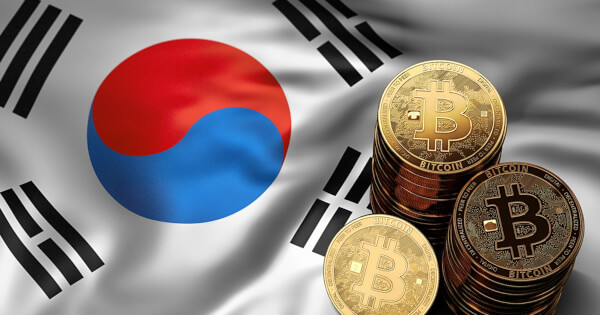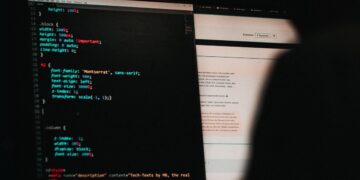
South Korean financial officials issued a directive on December 4, 2023, requesting users to report any unregistered cryptocurrency exchanges operating in the area. This directive was made in an effort to control the market. This approach is a reflection of South Korea’s continuous attempts to simplify its digital asset market and protect investors from the possible hazards connected with virtual asset exchanges that are not regulated.
The Financial Intelligence Unit (FIU) of South Korea, in conjunction with the Digital Asset Exchange Association (DAXA), was the driving force behind this effort. A crucial part of the regulatory system is played by the Digital Asset Exchange Association (DAXA), which is comprised of the five most important digital asset exchanges in South Korea: Upbit, Bithumb, Coinone, Korbit, and Gopax. Within the scope of their combined efforts, they want to identify local as well as international virtual asset company operators who may be targeting Korean people, which might be considered a violation of Article 7 of the Specific Financial Information Act.
DAXA is the organization that first investigates reports of illicit business operations carried out by bitcoin exchanges. After the results have been compiled, they are sent to the FIU, which is responsible for determining the operator’s status and deciding what steps are required. If it is discovered that operators are continuing their operations that have not been disclosed, the Federal Investigation Unit intends to involve investigative authorities and take the necessary actions. The public is strongly urged to report these businesses using the tip email provided by DAXA. The information that is sent should include pertinent corporate information, grounds for suspicion, and proof of actions that have not been reported.
South Korea is making a wider push to boost its engagement in the cryptocurrency business, and this new development is a part of that larger endeavor. As part of an effort to promote openness, the Democratic Party of South Korea has demanded that candidates for parliamentary seats reveal their personal cryptocurrency holdings. In addition, the South Korean Financial Supervisory Service (FSS) made an announcement in October that it was making preparations for laws that would augment the Virtual Asset Users Protection Act that had been approved earlier in 2023. It is anticipated that these laws will be in effect by January 2024, which will represent a major milestone in the manner in which the nation approaches the regulation of cryptocurrencies.
In order to show its dedication to the development of a secure and regulated digital asset market, South Korea has taken a position on the regulation of cryptocurrencies. The nation’s goal is to safeguard investors and preserve the integrity of its financial system at the same time by carefully monitoring and taking action against cryptocurrency exchanges that do not have legitimate licenses.
Image source: Shutterstock Read The Original Article on Blockchain.News













